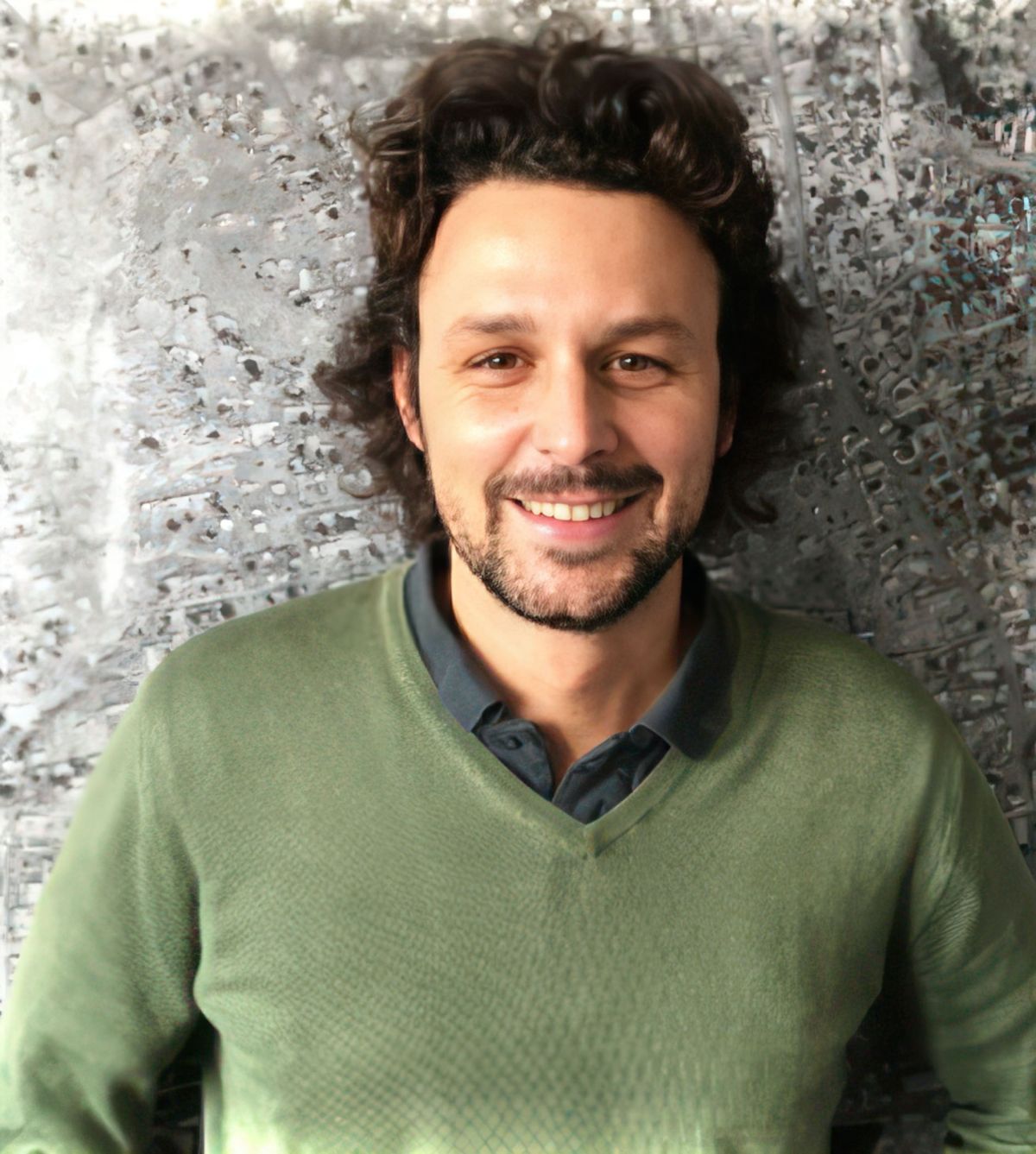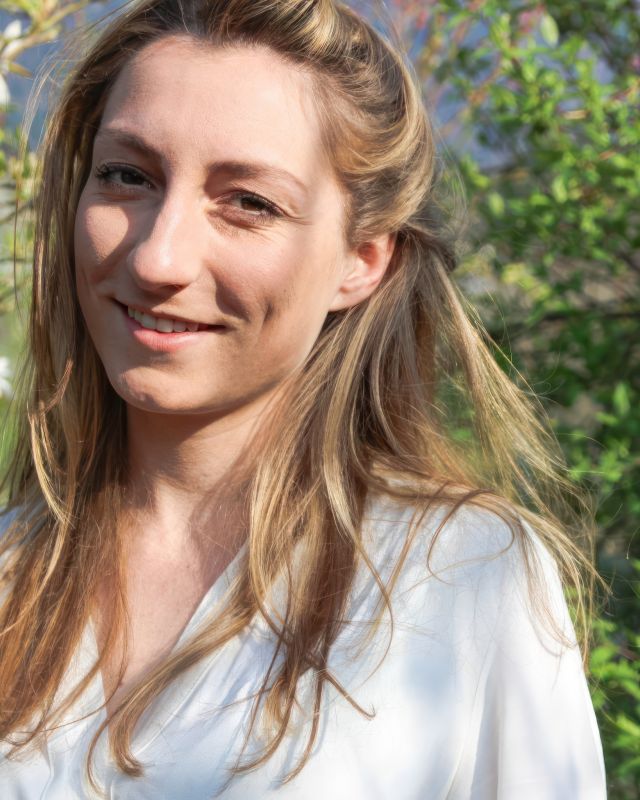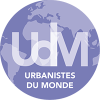Portrait

Stéphane Milhaud - STU 2009 - Urban engineer at Groupe Huit
Posted on | Alumni Portrait
Portrait by Marion BIGAY
A 2009 STU graduate, Stéphane Milhaud is an urban engineer at Groupe Huit, a French multidisciplinary consulting firm specializing in the municipal and urban development of cities in the South.
What does it mean to be a planning engineer at Groupe Huit?
On a daily basis, I work on urban development projects, mainly in southern cities, i.e. in Asia, Africa and a little in South America.
I work at several scales, either with countries, regions, cities or even sometimes neighborhoods.
When I say "I", I really mean "we". I work in a multidisciplinary team. This means that we all have a generalist profile but also a speciality. For me, it's the engineering side. I have colleagues who are economists, geographers or even cartographers.
In concrete terms, we help countries to build their regional planning schemes or cities to draw up their development plans. For my part, I deal more specifically with the programming of urban investments. For example, I carry out feasibility studies for the installation of new infrastructures.
In general, who are your clients?
For each project, I have two clients. First of all, there is the one who finances the study, which is generally a donor, i.e. an international institution that finances development projects. Then there is the beneficiary, which is the city or territory where the project will be implemented.
If we take the example of a project in Vietnam, it could be financed by the World Bank or the Asian Development Bank and the beneficiary will be a specific city or province.
How did you find this job?
I did my end-of-study internship with Groupe Huit, thanks to a contact given to me by a professor in the STU master's program. Afterwards I continued to work with them for five years, mostly in Asia. In 2013, when I finished the thesis I was writing in parallel, I decided to work for a while as a freelancer. I came back to Groupe Huit about a year and a half ago.
What was the subject of your thesis?
I did a thesis in urban geography at the Sorbonne. To be more precise, my thesis was on urbanization in China. The title was the following: Small towns, new centers for China's territorial development: the example of Zhejiang Province.
If you had any advice for current students, what would it be?
I don't know if I really have any advice to give. I have noticed that the very generalist profile of SciencesPo is appreciated by recruiters, because it ensures that they hire someone who knows how to think, adapt, and have a global vision. At the same time, the lack of specialization can sometimes be a difficulty. I would say that urban is a very broad field. It may be useful to ask yourself what interests you in the urban field. The economic side? Finance? The technical side? The social side? Depending on your interests, it may be worthwhile to take additional training.
Gisèle Moret-Deysson - STU 2009 - Professor of history and geography in preparatory classes
Posted on December 03, 2017
Meeting with Gisèle Moret-Deysson, associate professor of history and geography in preparatory classes, graduate of the Master STU in 2009. What did you do wi…
Louise Thaller - GLM 2015 - A passion for urban development
Posted on April 11, 2017
Louise is a young alumni (GLM 2015), who cultivates great experiences in the urban development sector. She has explored all aspects of this sector: in a design…
 English
English  Français
Français 




